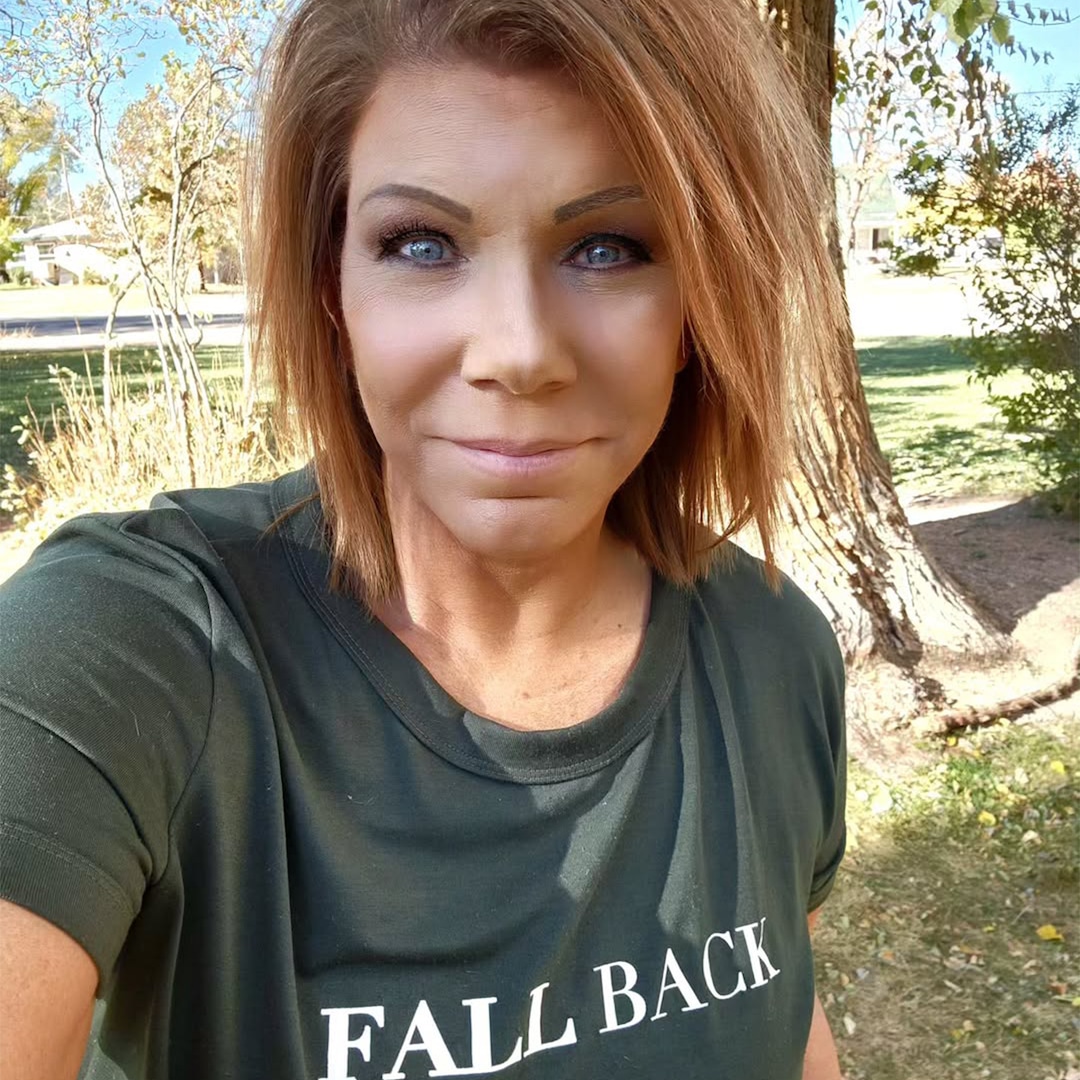Ozzy Osbourne died on Tuesday after living with Parkinson’s disease for almost six years.
News of his death was announced by his family.
A statement read: “It is with more sadness than mere words can convey that we have to report that our beloved Ozzy Osbourne has passed away this morning. He was with his family and surrounded by love. We ask everyone to respect our family privacy at this time.
The Black Sabbath singer was diagnosed with the disease in 2019 and spent the last 12 months in “constant” pain.
Nevertheless, Osbourne teamed up with his bandmates one final time for a special concert at Villa Park earlier this month and it was later revealed that the performance raised $190 million for charity.
The epic “Back to the Beginning” concert at Villa Park in Birmingham saw the singer reunite with his band Black Sabbath to headline a bill that also featured Metallica, Guns N’ Roses and a cavalcade of other heavy metal superstars.
It was announced before the event, which was live streamed around the world to an audience of 5.8 million, that proceeds would be split between Cure Parkinson’s, Birmingham Children’s Hospital and Acorn Children’s Hospice.
But what is Parkinson’s disease, what are the symptoms and can it be treated?
What is Parkinson’s disease?
Parkinson’s is a progressive neurological condition caused by the death of nerve cells in the brain that create the chemical dopamine.
What are the symptoms?
People begin to develop symptoms of Parkinson’s when the brain is no longer able to make enough dopamine to adequately control movement.
The three main symptoms are tremor (shaking), slowness of movement and rigidity (muscle stiffness).
Subtle changes in a person’s walking pattern could be an early sign of Parkinson’s disease.
Some people develop very small handwriting, a loss in their sense of smell, nerve pain or insomnia.
Symptoms usually develop slowly over several years.
Can it be treated?
There is currently no cure for Parkinson’s disease.
Treatments include drugs such as levodopa, dopamine agonists and monoamine oxidase-B inhibitors.
Levodopa is absorbed by the nerve cells in the brain and turned into dopamine.
Increasing the levels of dopamine in this way usually cuts down problems with movement.
Other therapies include physiotherapy and, in some cases, surgery.
What does Parkinson’s UK say?
Chief executive Caroline Rassell said: “News of Ozzy Osbourne’s death, so soon after his celebratory homecoming show, will come as a shock to so many.
“By speaking openly about both his diagnosis and life with Parkinson’s, Ozzy and all his family helped so many families in the same situation.
“They normalised tough conversations and made others feel less alone with a condition that’s on the rise and affecting more people every day.
“All of our heartfelt thoughts are with his family, friends and fans worldwide. His memory and the impact he left on the world will live on in all of them.”







